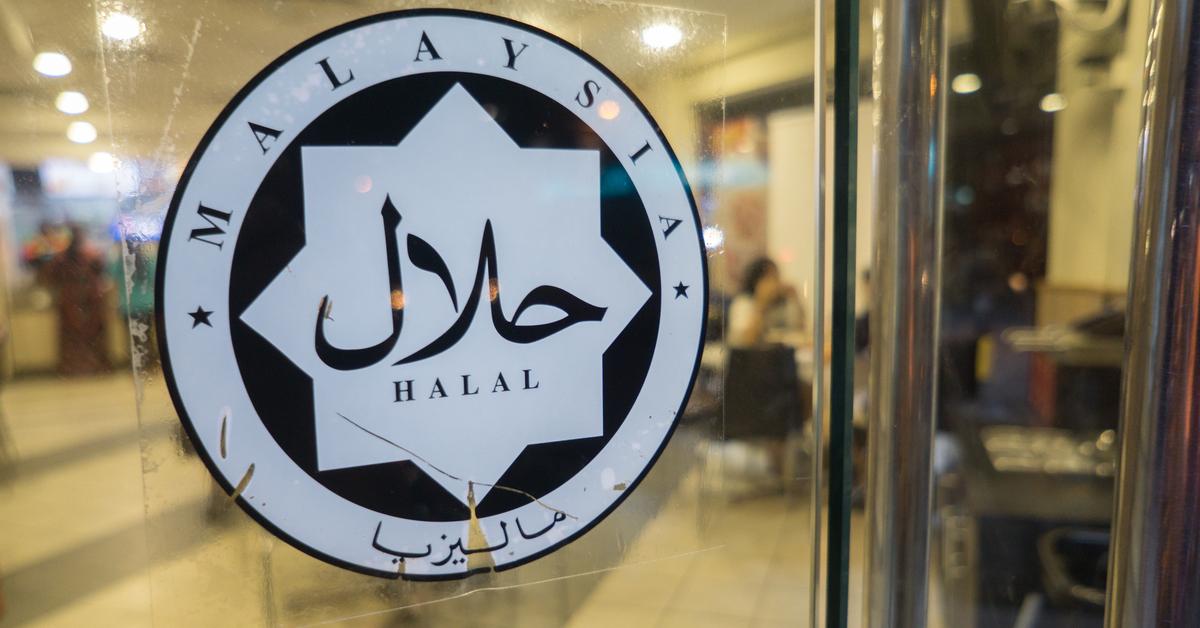Halal Certification: The Way Forward
Tan KW
Publish date: Tue, 17 Sep 2024, 02:32 PM

17-Sep-24 08:30
Professor Dr Abdul Malik Musharat, Chairman, Global Halal Malaysia Traders and Consumer Association
The news that JAKIM is considering making halal certification mandatory for restaurants and food establishments that do not serve pork or alcohol, has sparked debate highlighting the complexity and importance of this move. Prof Dr Abdul Malik Musharat, Chairman of Global Halal Malaysia Traders and Consumer Association shares his insights on this issue.
Image Credit: Shutterstock.com
More articles on BFM Podcast
Created by Tan KW | Nov 12, 2024
Discussions
Halal without values like honesty, integrity, justice, and compassion becomes an empty shell—mere rule-following without substance. Certification for monetisation, habuan and riba is unislamic.
1 month ago
By formalizing halal in a way that was not scripturally mandated, companies and certifying bodies may have found a lucrative method to generate revenue by creating a perceived need for verification that previously did not exist. This aligns with capitalist strategies that manipulate consumer behavior to generate profit under the guise of ethical or religious compliance.
1 month ago
The commercialization of halal certification extends beyond food, affecting industries like pharmaceuticals, cosmetics, and even finance. It has created a monopolistic environment where only certified products are deemed acceptable by many consumers, even when the actual production process might adhere to halal principles without certification. This suggests that halal certification benefits certain capitalist entities
1 month ago
Islam Prohibits Monopolies: Islamic jurisprudence opposes monopolistic practices as they distort markets and harm consumers. The Prophet condemned monopolies, emphasizing that they create economic imbalances by driving up prices and limiting access to resources. Compulsory certification could create a monopolistic environment where a single authority controls the standard, thus violating this principle.
1 month ago






















Income
Ada Udang disebalik mee Maggie
1 month ago